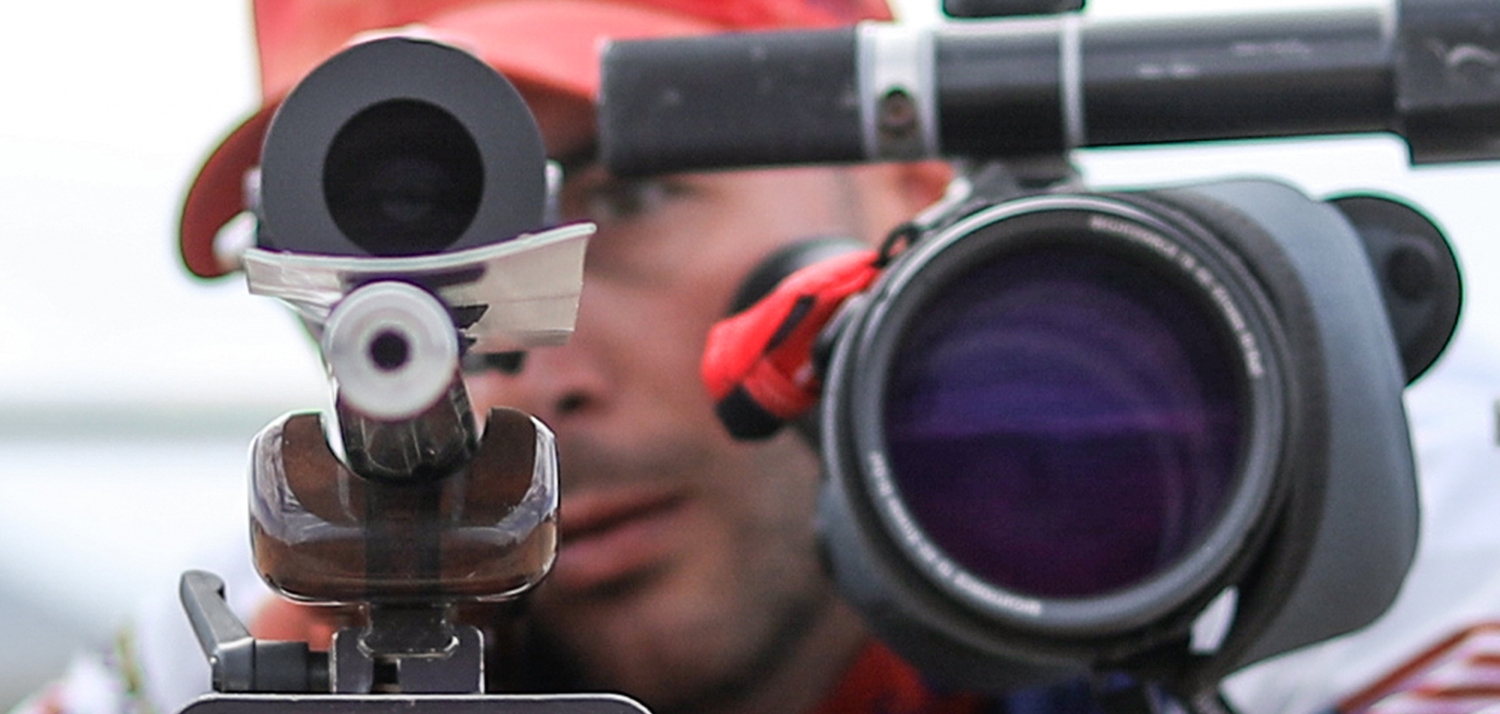by: Phil Hoham
You can use the Berger Twist Rate Stability Calculator to determine the optimal barrel twist rate in your rifling based on your specific shooting conditions and the bullet you plan to use. This information helps you to determine which barrel you should purchase when building your next rifle. The guide below will walk you through the process of using the twist rate stability calculator.
- Navigate to our twist rate calculator page.
- Choose the bullet you plan to use from the bullet library to autofill the bullet parameters.
- If the bullet is not available, you can insert the bullet parameters on the left manually.
- Put in the BC of your bullet, G7 is preferred.
- If your bullet doesn’t clarify if the BG is a G1 or a G7, it is probably a G1, so select that.
- Put in the caliber of your bullet.
- You can select in for inches (English) or mm for millimeter (Metric)
- Put in the weight of your bullet (in grains)
- Put in the length of your bullet.
- You can select in for inches (English) or mm for millimeter (Metric)
- If you are looking at a flat based bullet, please download our Quick Reference Sheets to determine your optimal barrel twist rate for flat based bullets.
- Determine what muzzle velocity you plan to shoot this bullet at
- If you do not know the muzzle velocity, you can either leave it as is, or contact us and we can review our reloading data to give you an estimate based on the cartridge and bullet you plan to load.
- You can select FPS for Feet Per Second (English) or MPS for Meters Per Second (Metric)
- Put in the barrel twist rate you are planning to use
- Not sure which twist rate to start with? Check the Quick Reference Sheets for our recommended minimum twist rates.
- Use decimals instead of fractions. E.G. Don’t use 8 ½, use 8.5 instead.
- Type in the temperature you plan to be shooting in
- If you do not know the temperature and altitude you plan to shoot in, use the defaults that are in the fields.
- You can select F for Fahrenheit (English) or C for Centigrade (Metric).
- Type in the altitude you plan to be shooting in
- We recommend you list the lowest altitude you plan to shoot in.
- If you do not know the altitude you plan to shoot at, you can get a general idea by going to the National Weather Service Website and entering the zip code and city you plan to shoot in.
- You can select feet (English) or m for meters (Metric)
- Click Calculate Stability
- Review the chart to determine if you have an optimum twist for the given bullet and conditions.
- You are looking for at least an SG of 1.5 to achieve maximum BC on a bullet.
- If you do not achieve an SG of 1.5 or higher, try typing in different twist rates and recalculating the stability until you get the results you are looking for.
Still have questions? Click the questions below to learn more or click here to contact us.
- What is the Berger Twist Rate Stability Calculator?
- How do you use a twist rate stability Calculator?
- Why would you use a twist rate calculator?
- How does the Berger twist rate calculator work?
- What is the Miller twist rate formula?
- Why is the Miller twist rule better than the Greenhill rifling formula?
- What does SG mean?
- What SG number is best?
- What SG do I want for my rifle/barrel?
- Why doesn’t the Miller twist rate formula work with flat based bullets?
- What SG do I need to stabilize a bullet?
- Why do I want an SG of 1.5 or higher?
- What does rifle twist rate mean?
- Why does barrel twist rate matter?
- What is my optimal barrel twist rate?
- What is the best barrel twist rate?
- Why is G7 BC better than G1 BC?
- What is the difference between G1 BC and G7 BC?
